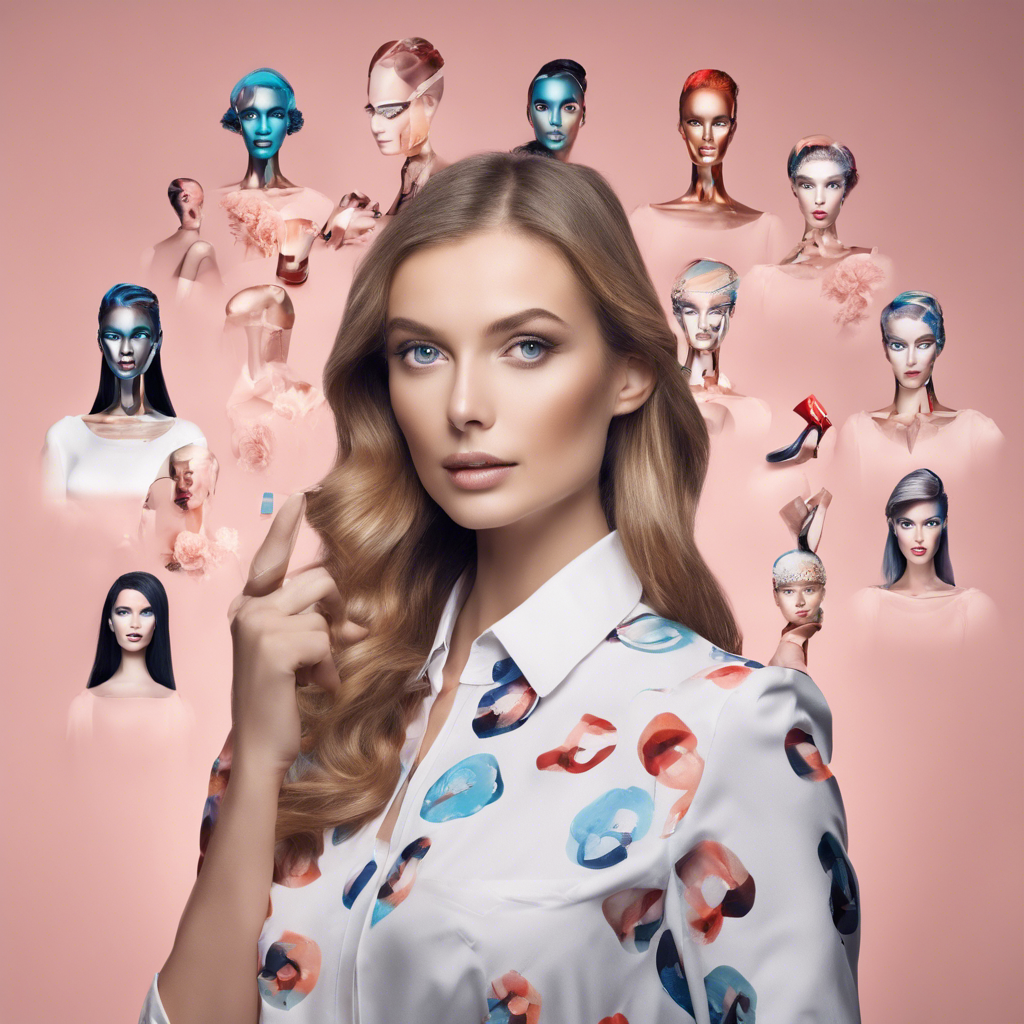AI in Fashion and Beauty Recruitment: A Game-Changer in Hiring

How AI is revolutionizing the recruitment process for fashion and beauty brands
Artificial intelligence (AI) is transforming the way fashion and beauty brands approach recruitment. From streamlining the hiring process to reducing biases, AI is being utilized to tackle age-old challenges in the industry. While algorithms have been used to screen applicants for years, AI is now being employed for more specialized tasks, such as predicting future performance and providing real-time feedback to applicants and employers. Start-ups are even targeting executive recruiters, aiming to match the right candidates to highly specialized roles. This article explores the growing trend of AI in fashion and beauty recruitment and its potential impact on the industry.
AI-Powered Job Postings and Applicant Screening
Fashion and beauty brands are leveraging AI to handle the overwhelming number of job applications they receive. AI algorithms can quickly sift through resumes, identifying essential skills and experience. However, newer AI models go beyond traditional screening methods by identifying transferable skills and future potential, broadening the criteria for candidate selection. Start-ups like Dweet offer free tools for job candidates to post their resumes and view open positions, while also providing dedicated programs for companies, including a job description generator and candidate search tool.
Attracting the Right Candidates
In a competitive labor market, fashion retailers are turning to AI to increase the speed and volume of their job postings. AI can help brands find the right language and visuals to make their open positions more attractive to potential candidates. By analyzing market trends and competitor offerings, AI can assist in poaching talent from other companies, giving fashion brands a competitive edge.
Mitigating Bias and Enhancing Diversity
While AI can help streamline the recruitment process, there is a concern that it may amplify biases if not properly implemented. AI image generators, for example, have been known to depict corporate executives predominantly as white men. To address this, some AI tools are incorporating a “positive bias” approach, sorting for desired skills rather than disqualifying candidates. Dweet’s software, for instance, can identify candidates with relevant service experience, even if they haven’t worked in a store before. This approach aims to create a more inclusive hiring process and uncover hidden talent that may be overlooked by human recruiters.
Predicting Future Performance and Talent Development
AI tools have the potential to go beyond the initial hiring process and assist in predicting future performance. Companies like Eightfold Ai offer platforms that can predict what roles an employee might excel in, helping companies plan ahead and make informed decisions about talent placement. By identifying the sales associates and entry-level employees with the highest potential for success, fashion brands can reduce talent attrition and optimize their workforce. Additionally, AI can provide insights to leaders, enabling them to better place existing employees in positions that align with their strengths.
The Role of Human Talent in AI Recruitment
While AI offers numerous benefits in recruitment, it is crucial to recognize the limitations of technology and involve human talent in the decision-making process. AI tools can inadvertently amplify biases and discrimination if not carefully monitored. Recruiters who use AI tools effectively are aware of these shortcomings and actively involve human decision-makers to correct any biases. The ultimate goal is to free up HR talent from low-stakes tasks, such as resume screening, and allow them to focus on high-quality assignments like talent development and candidate onboarding.
Conclusion:
AI is transforming the recruitment process for fashion and beauty brands, offering solutions to age-old challenges. From automating resume screening to predicting future performance, AI tools are streamlining hiring processes and providing valuable insights. However, it is essential to recognize the limitations of AI and involve human talent to mitigate biases and ensure a fair and inclusive hiring process. As the industry continues to evolve, the effective integration of AI and human decision-making will be crucial for success in fashion and beauty recruitment.

